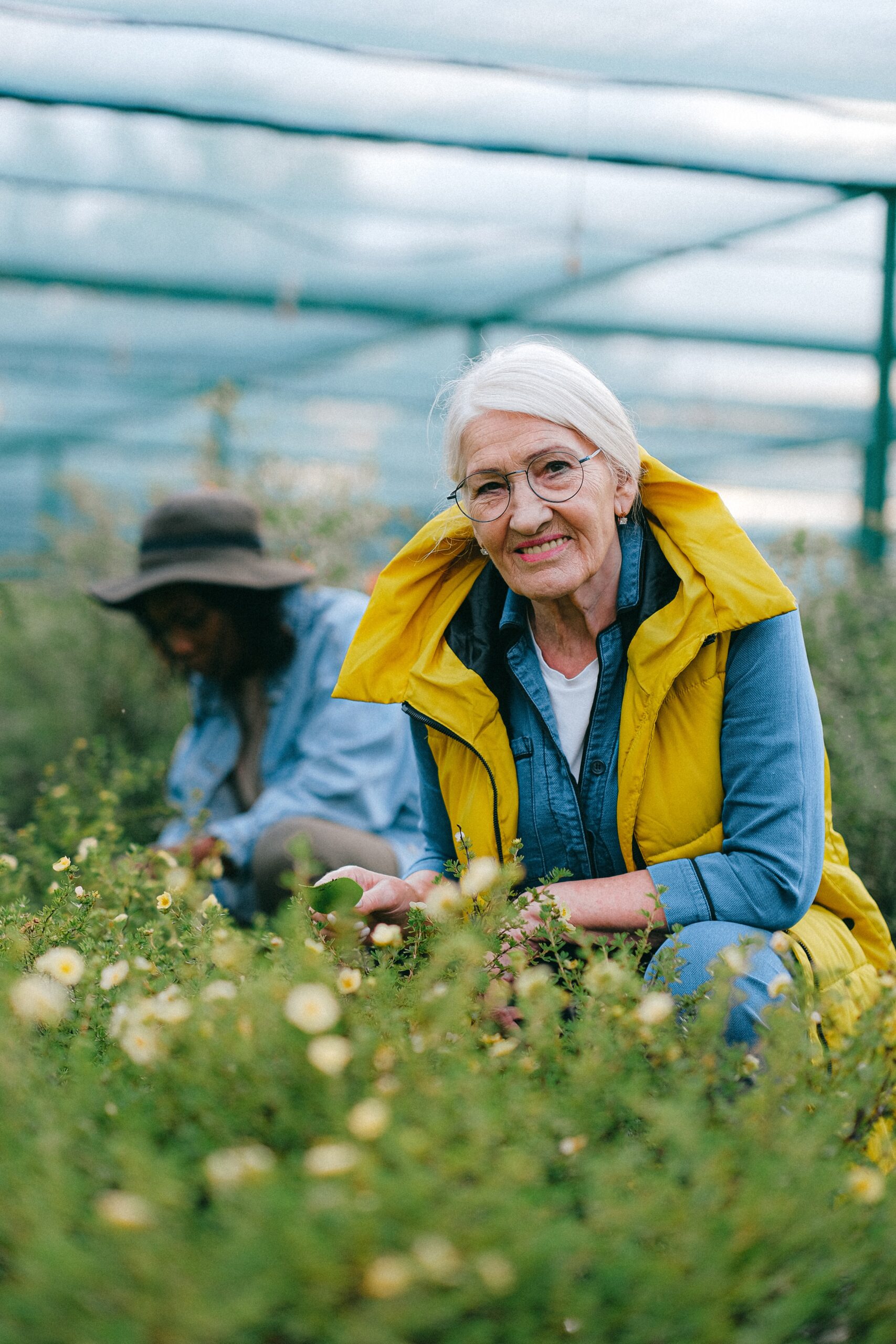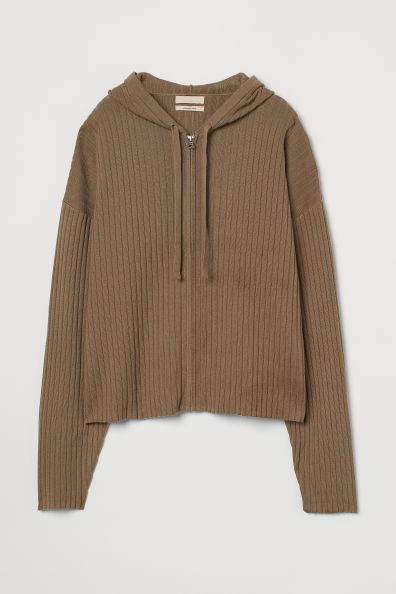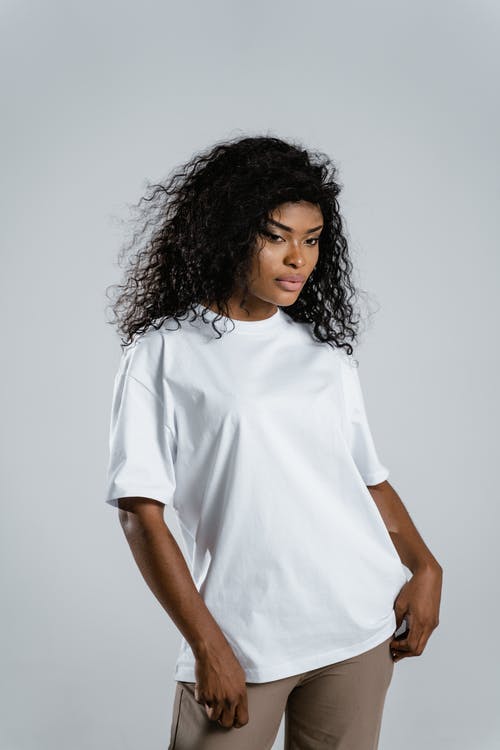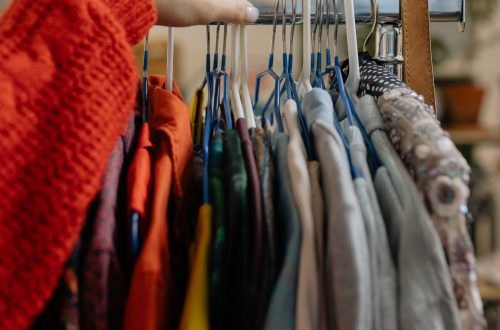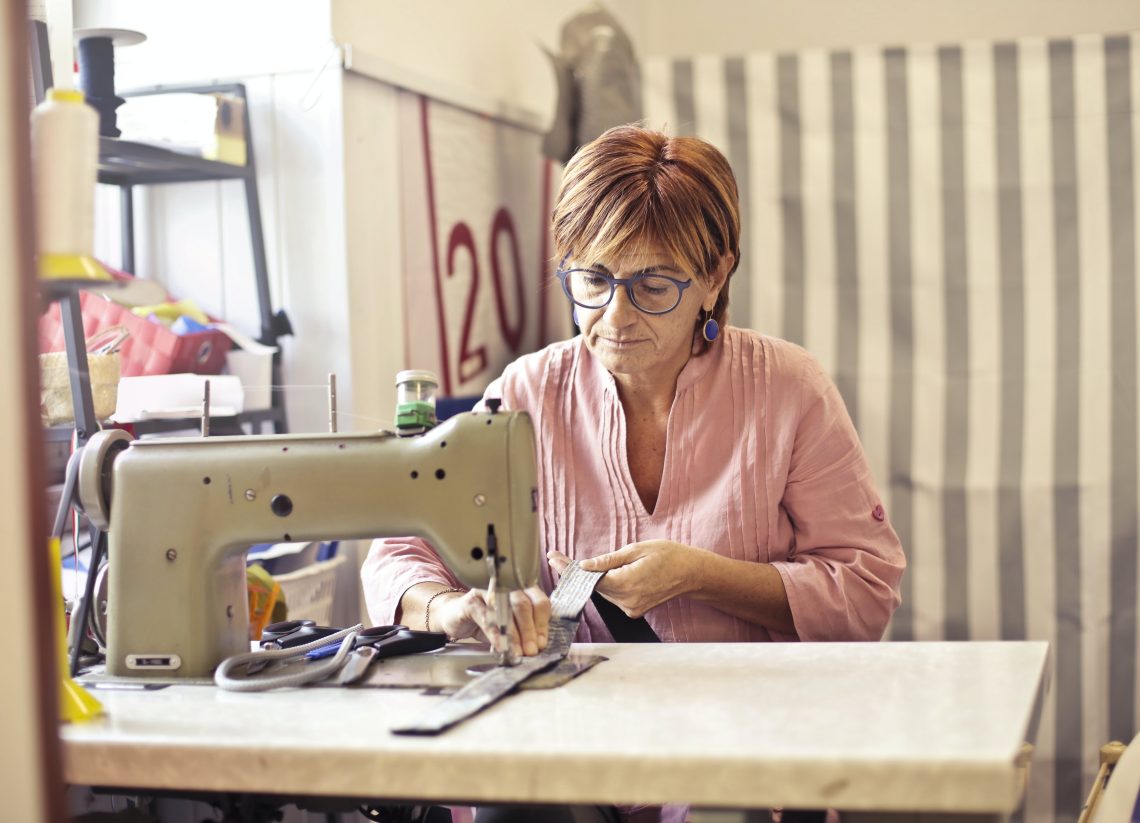
Make Do and Mend
‘Make Do and Mend’ was a saying that was prevalent during the austere years of the Second World War and In 1943, The Ministry of Information put out a film urging the women of the day to mend and their clothes and not use up precious coupons to buy new. There was also a character called Mrs Sew and Sew, who was featured in instruction leaflets, posters and booklets explaining how to go about mending and refashioning items of clothing to make new outfits. In fact, in the film The Sound of Music, which was set in the Second World War, the governess Maria makes outfits for the children out of her bedroom curtains.
These days we do talk about recycling our clothes, buying from charity shops and slow fashion (as opposed to fast fashion) and that is great. But how many of us actually wear every item of clothing we own at some point during the year? How many of us feel we would have the necessary sewing skills to be able to transform an item of clothing we no longer wear into something different or better, either for ourselves or someone else? I confess that I may not be able to do that but I am willing to try it!
On the BBC television programme The Great British Sewing Bee, one of the things the contestants have to do is ‘transform’ either an item of clothing, a household item such as a duvet cover into an item of clothing of the judges’ choice. Some of the contestants have great imagination and do a brilliant job in the time allotted for the task. Others are not so great at it but they all produce something wearable.
What can we do to help reduce waste?
When I was at school, needlework was part of the curriculum but I don’t think that is the case these days, especially in senior school. Today, needlework, along with domestic science, which were once considered necessary skills for children to have, are no longer on the agenda. If you want to learn the art of sewing, there are courses online, however. Even if you don’t want to learn to actually sew, there are things we can do to reduce clothes and material waste:
- Shop wisely for clothes and accessories by making a list of what you need and sticking to it.
- Try looking in charity shops for what you want.
- Recycle your old clothes at a clothes bank. take to a charity shop or sell on Vinted.
- Don’t wash your clothes after every wearing. Wear them at least 3-4 times before washing them.
- Look after your clothes by hanging them up, airing them, mending them when they need it.
- Wash your clothes on as low a temperature wash as you can.
- Buy quality over quantity then they will last longer.
Here is a link to this blog post I wrote on the subject of buying secondhand.
With clothes being so expensive now, let’s implement some of the above suggestions so that even in 2024 we can ‘Make Do and Mend’!
